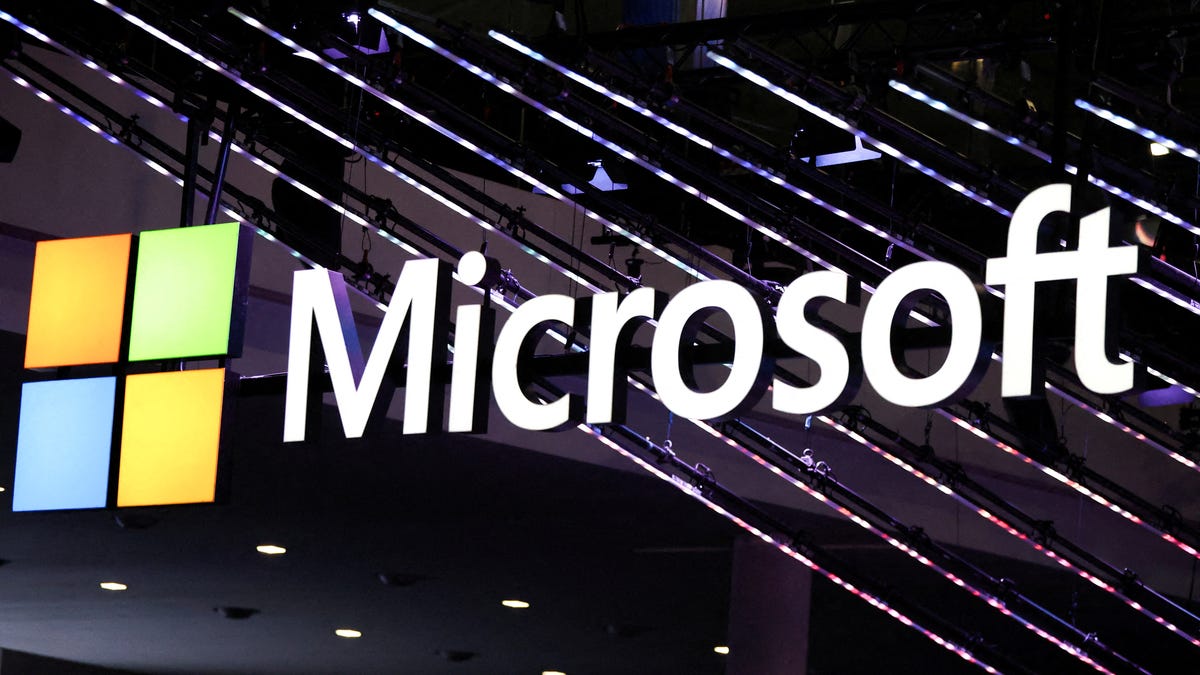The White House announced on Monday that it has taken steps to strengthen the nation’s health care system from cyber attacks. As part of the effort, Microsoft and Google have agreed to help vulnerable rural hospitals protect themselves with free or discounted cybersecurity services.
The announcement comes after a dramatic increase in cyberattacks against the American health care system, rising 128% in 2023 from the prior year, according to Office of the Director of National Intelligence.
Those attacks continue this year. In February, the ransomware group ALPHV breached Change Healthcare, a record and payment manager, resulting in delayed prescriptions and paychecks for healthcare workers. Change, a subsidiary of UnitedHealth Group, processes 14 billion transactions a year, about 6% of all payment in the U.S. health care system. United confirmed it paid a ransom in relation to the attack.
The White House said that rural hospitals, which serve over 60 million Americans, are particularly vulnerable to disruptions caused by these type of attacks. In an effort to strengthen their cybersecurity, the Biden administration secured commitments from Google and Microsoft to provide free and low-cost resources and services to all of the 1,800-2,100 rural hospitals across the United States.
For its part, Microsoft is offering grants and up to a 75% discount to independent critical access hospitals and rural emergency hospitals for its services tailored to small organizations. Larger rural hospitals that are already using Microsoft services will have access to the tech giant’s most advanced security suite at no cost for a year. Microsoft is also providing free assessments and training to these hospitals.
Google is offering free cybersecurity advice and is starting a fund for rural hospitals to change over to their products. It is also launching a pilot program to develop a package of cybersecurity tools tailored to rural hospitals’ unique needs.
“Healthcare should be available no matter where you call home, and the rise in cyberattacks threatens the viability of rural hospitals and impacts communities across the U.S.,” said Justin Spelhaug, corporate vice president of Microsoft Philanthropies, in a statement. “Microsoft is committed to delivering vital technology security and support at a time when these rural hospitals need them most.”

